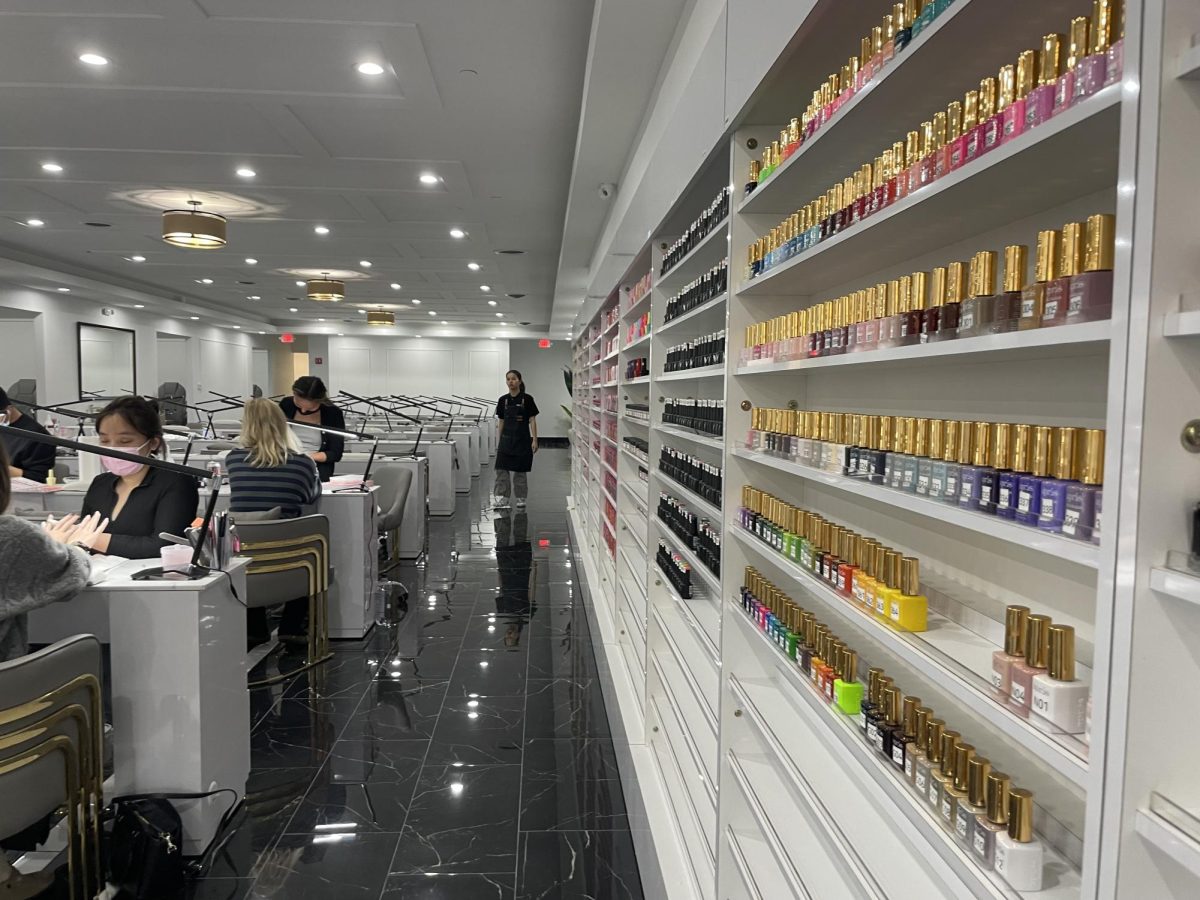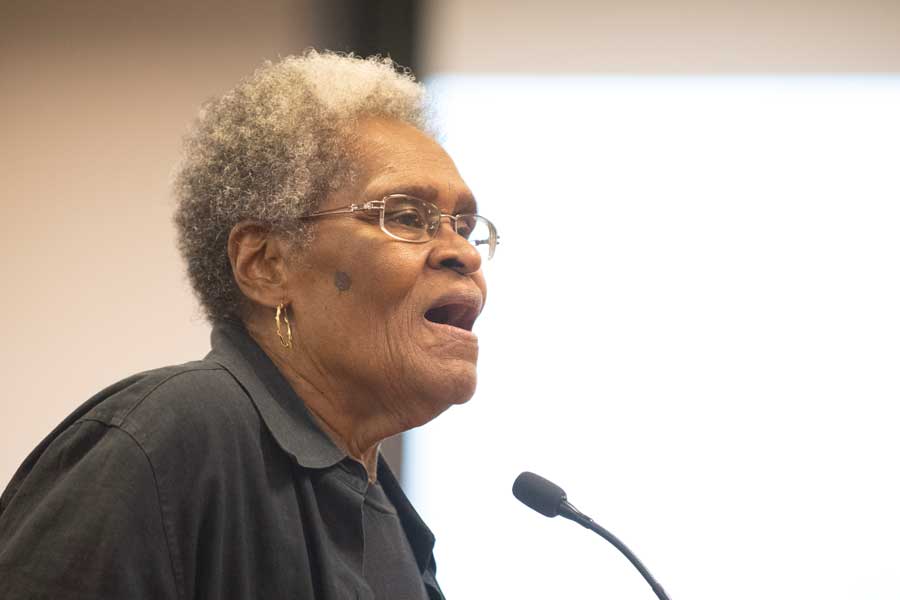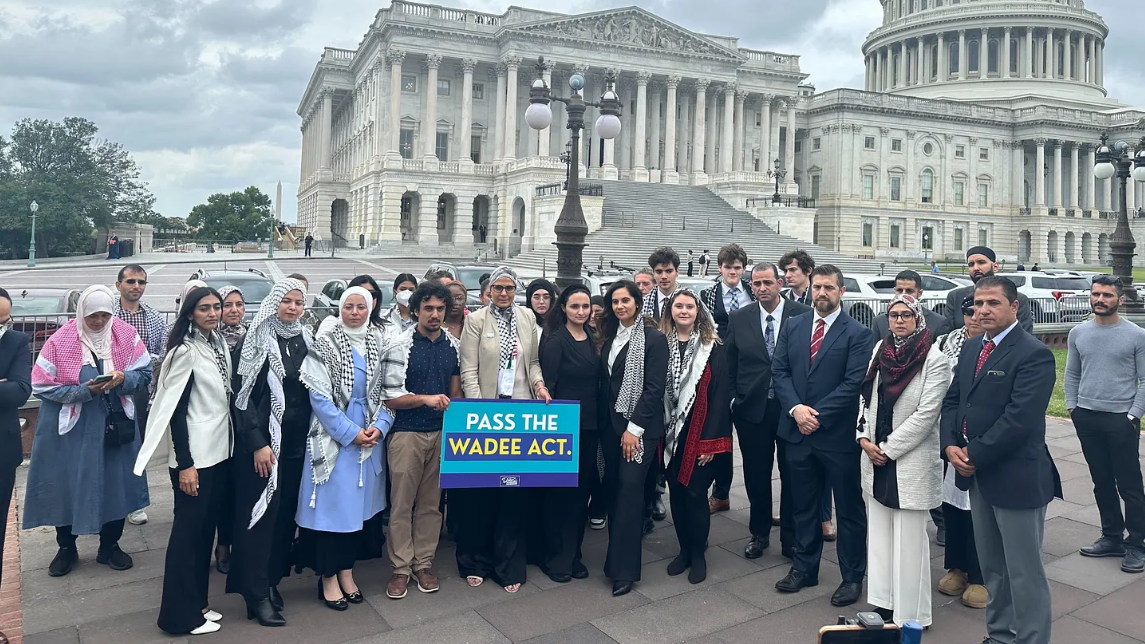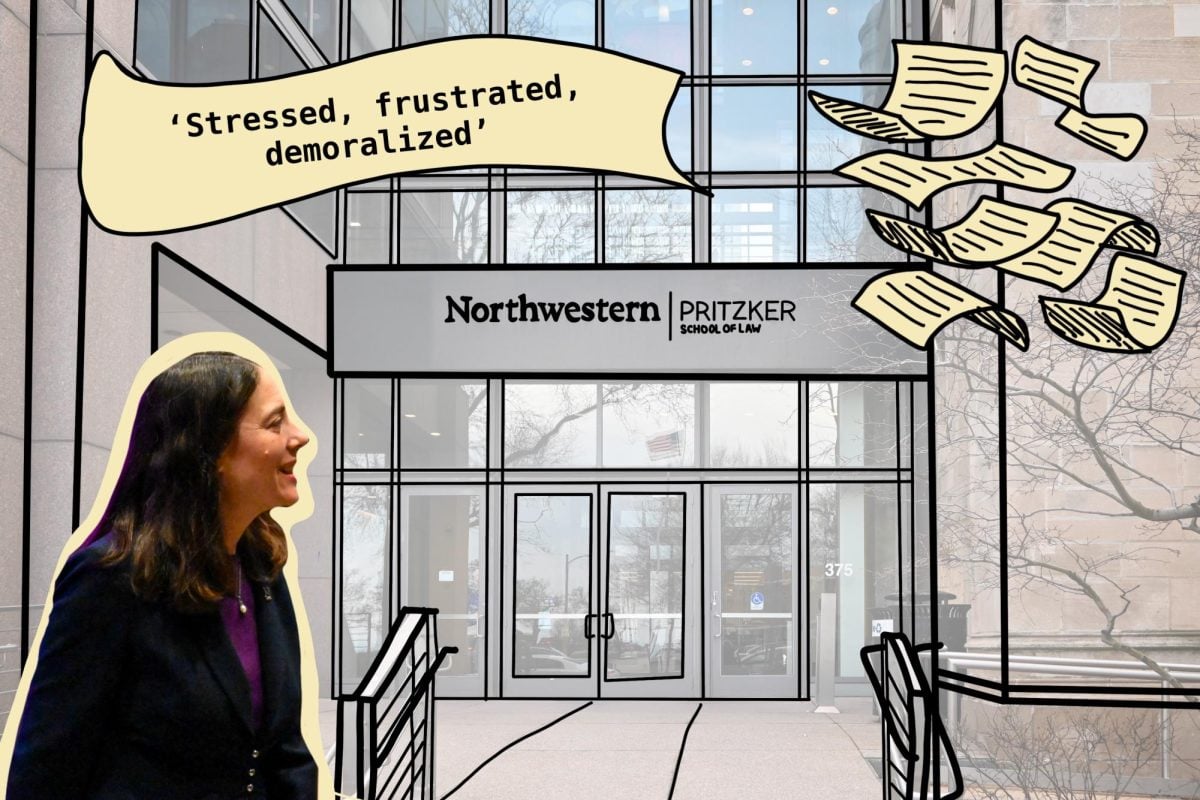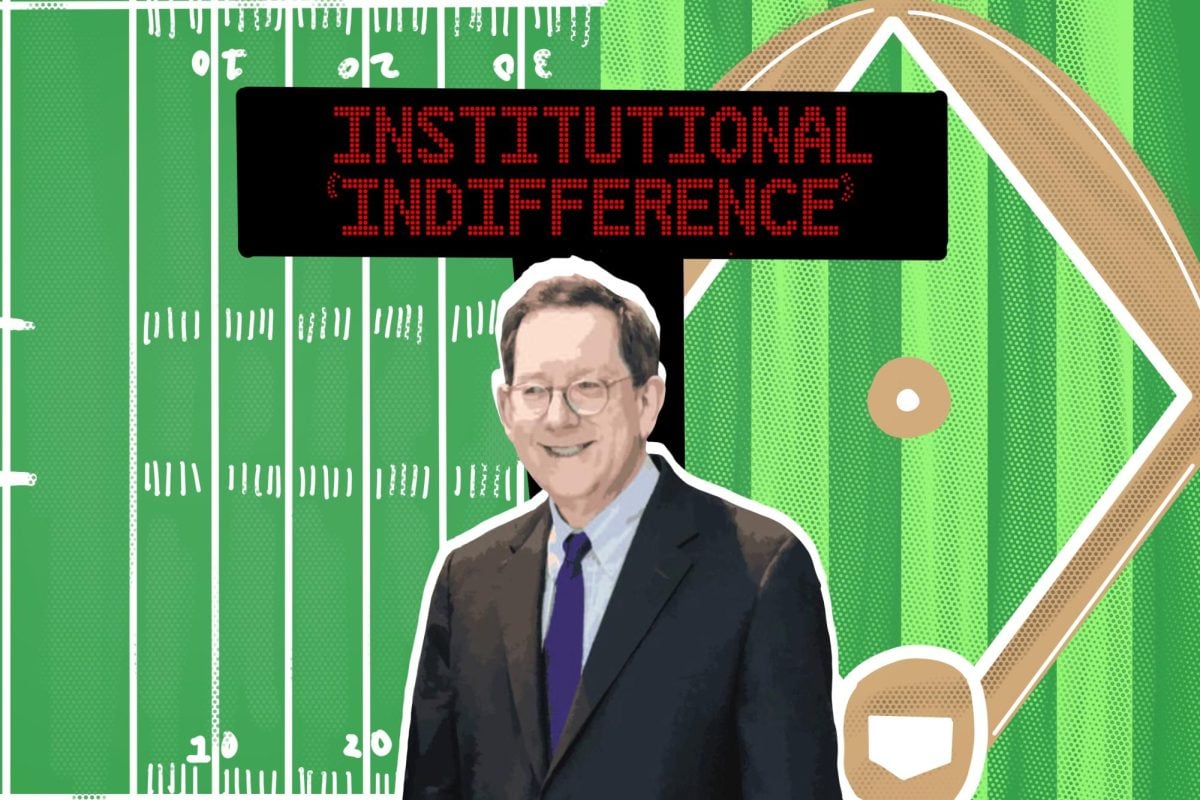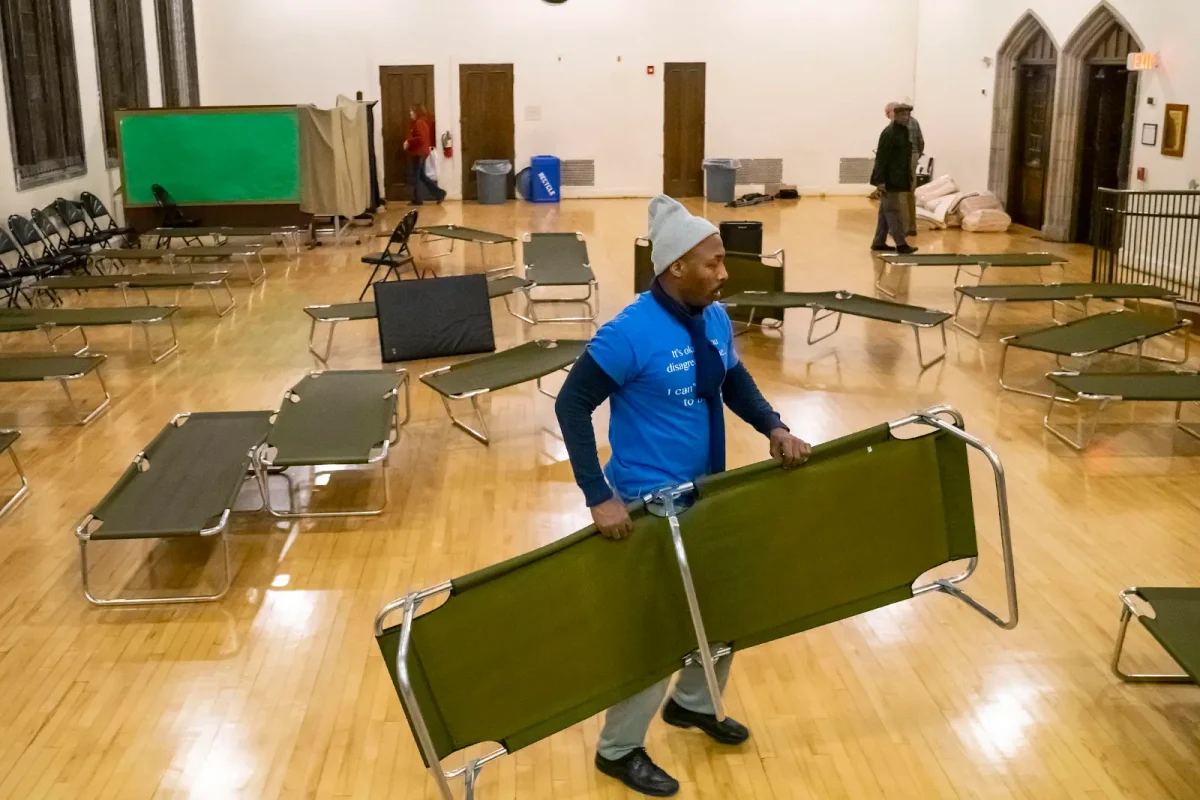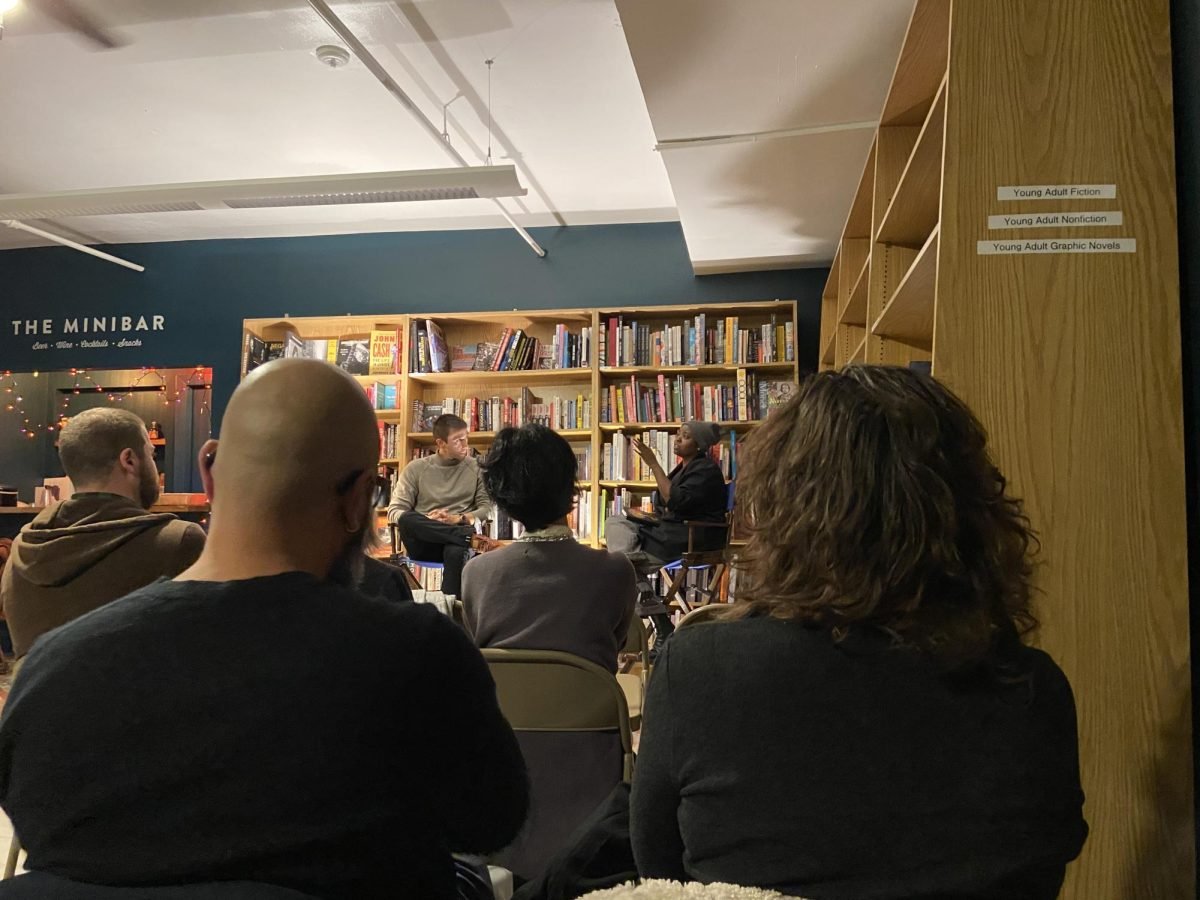When new projects come up in Evanston/Skokie School District 65, landscaping company owner George Lytle receives an email alerting him to bid for contracts.
But when new projects come up in the city of Evanston or at Northwestern, more often than not, Lytle hears nothing.
Lytle, an Evanston resident, is not the only local business owner to feel neglected by the city, said Randy Roebuck, president of Evanston Fair Share, a group of minority contractors demanding more deals with the city.
“Only thing we can say, we never know (when contracts come up),” Roebuck said. “We don’t get that kind of notification from the city.”
Nonetheless, Lytle is attending a city-sponsored business seminar Friday that features major local players such as District 65, the city of Evanston and NU. He said he hopes to learn more about the chance to plant trees around NU’s planned new visitors center.
“We just want an opportunity,” Lytle said.
Originally established in the 1970s to encourage minority business development, the Evanston Minority, Women and Evanston Business Enterprise Development Committee organized the seminar, “Evanston Procurement 101,” to educate local contractors about business opportunities and bidding practices around the city.
The committee works under the direction of Ald. Peter Braithwaite (2nd), who has advocated for more city contracts with local vendors since he became committee chair in 2011.
“We want to make sure that, in light of the national conversation, local dollars are spent here in town,” Braithwaite said. “It’s not so much a matter of which race or gender, but the fact that we’re spending dollars in town.”
But minority contractors like Lytle say they have yet to see a change.
The ordinance: ‘It matters’
On paper, the city has laws to promote the interests of minority-owned, women-owned and Evanston-based businesses. Under the current city ordinance, when a vendor bids for contracts more than $20,000 with Evanston, the bidder must hire minority, women and Evanston businesses to perform at least 25 percent of the awarded contract. The city also “strongly encourages” that at least 3 percent be performed by a local business, according to the ordinance. When a local vendor submits a bid, the city has the liberty of awarding the contract to the local vendor instead of the lowest bidder if the difference in costs is within 5 percent.
By that standard, Evanston has exceeded expectations. From January to October 2012, the city subcontracted 40 percent of all contracts more than $20,000 to minority-, women- and Evanston-owned businesses.
Deputy city manager Joseph McRae said contracting locally is a priority when the city council reviews bids. In December, for example, Ald. Ann Rainey (8th) specifically inquired about the possibility of contracting with a local bidder during a committee debate on a printing contract, he said.
“It matters,” McRae said.
The city also began developing a local employment program in 2009 that required construction projects costing more than $500,000 to hire at least one local resident to perform at least 15 percent of all the hours of work. In 2010, the city revised the program and lowered the contract threshold to $250,000, McRae said. On average, the program provides jobs for five to six residents annually, he said.
The city had success in hiring locally with Chicago’s Home of Chicken and Waffles, which opened a new branch in west Evanston last month with a city loan. Among the restaurant’s 75 employees, three-quarters are Evanston residents, said co-owner Tonya Van Dyke-Johnson.
On top of that, Braithwaite has focused on city spendings less than $20,000, which is at the discretion of city departments and not the city council. Using the city’s spending in 2011 as a case study, Braithwaite and a few city staff members determined the city’s top spending areas and the proportions spent locally.
The case study showed only 15 percent of purchases the city made under $20,000 are made in town. In the category of paper and printing supplies, for example, the city spends less than one-fifth in town.
Those areas — among them printing and information technology — will be the focus of the business seminar, Braithwaite said.
“When we look at where the money’s being spent, it makes no sense to send something to New York to be printed,” he said. “What is the local benefit of that?”
Forgetting minorities?
Even as Braithwaite campaigns for local spending, some within the black community have found the city’s support for minority-owned businesses wanting.
Bennett Johnson said the city’s minority-owned, women-owned, and Evanston-based business program is “non-existent.” Johnson is the former president of the Evanston National Association for the Advancement of Colored People.
“The secret is, if the city was acting in an affirmative manner, they would do everything they could to help us,” Johnson said. “And they haven’t done that.”
Johnson now leads Evanston Minority Business Consortium, a group affiliated with Evanston Fair Share that promotes business opportunities for black contractors. The group has consistently questioned the city’s decision to award a federal Neighborhood Stabilization Program 2 grant, totaling $18 million, to Northbrook-based Brinshore Development, LLC.
Though the city requires Brinshore to award 25 percent of its contract to minority-, women- and locally-owned businesses, the consortium has demanded the city raise the figure and enforce it to truly sustain economic development in the targeted neighborhood.
“If you really want to stabilize the neighborhood, then you need to hire within the community, hire local folks,” Johnson said.
Lytle, who does landscaping for the city of Chicago, said Evanston should learn from its neighbor’s policies on minority-, women- and disadvantaged- business enterprises. Lytle’s company started off doing landscaping for Evanston, but ran into problems with the city in the 1990s. The city eventually banned his company from bidding for park landscaping projects, he said.
“In Chicago they make a concerted effort to get minority businesses employed,” he said. “Evanston does not reach out.”
Not all minority businesses find opportunities lacking with the city and the University.
“I’m pretty happy with our relationship with the city,” said Carl Davis, who owns an environmental lab company and a transportation company in the city.
Davis, who used to work on the women-, minority- and locally-owned businesses committee in the 70s, said he has been doing business with the University since the 1990s, earning referrals from the Provost’s Office and Kellogg. He also began contracting with the city in 2004.
Davis said his businesses are less affected by the city’s or the University’s minority business policies because he has established relationships with both entities. Currently, he is not involved with the women, minority and local businesses committee or the consortium, he said.
A purple curtain
The consortium also had trouble contracting with NU, said Johnson, who called Northwestern procurement a “purple curtain.” The consortium has met with Jim Konrad, NU’s purchasing director, with few results yet, he said.
“Like any bureaucracy … it’s a huge steel wall that you can’t penetrate unless you push certain buttons,” Johnson said. “But on the other hand there’s always that one person who knows exactly how to navigate it, and then there’s no problem. We haven’t found the one person yet.”
As a private institution, Northwestern does not have a target for contracting with minority, women and Evanston businesses. Konrad said the University frequently participates in national and regional diversity supplier conferences, as well as hosted a diversity supplier fair in Evanston last year. It also implements the WildCARD Advantage system to encourage students and faculty to spend local, he said.
The procurement department aims to connect with minority, women and local businesses and include them in the purchasing process, Konrad said. But at the end of the day, other concerns such as costs and quality remain the determining factor when it comes to contracting.
“It is very much a best-value decision,” Konrad said. “But we want to make sure they are aware of opportunities.”
Similarly, McRae said the city needs to balance any consideration for developing minority, women and local businesses with providing opportunities to all companies.
“We want to give them opportunities, but we want to do it in a fair manner,” he said.
But to Johnson, fairness carries a different meaning.
“The bottom line is this: If you have a dysfunctional, poor community surrounding Northwestern and the city, it destroys the base of the city,” he said. “You have to take care of the poor folks in town; otherwise you don’t have a town. The cost you save by some niceties in procurement you pay for in kids getting killed and going to jail.”
The possibility of change
General compliance with the ordinance has been an issue for Evanston. In its 2013 budget, the city provided $30,000 for hiring a minority-owned, women-owned and Evanston-based business contract compliance officer.
Lloyd Shepard, who worked on the committee from 1999 to 2008, said it is impossible for city staff to monitor the projects closely for compliance with LEP. In the past, the city has sued developers for not fulfilling the 25 percent subcontracting requirement, and McRae has resorted to withholding payments to compel compliance, Shepard said.
“Let’s just say contractors are naturally dishonest when it comes to hiring minority companies or minority employees,” he said.
Though the city currently fines a developer $100 per day for violating the LEP requirement, Shepard said the benefits companies gain by hiring outside workers dwarf any fine they face.
“The fine should be $1,000 a day,” he said.
Roebuck from Evanston Fair Share agreed the city needs to put teeth into its LEP. With the exception of Chicago’s Home of Chicken and Waffles, which hired many black employees, Roebuck said he does not see many black workers on construction sites around the city.
“(Chicago’s Home of Chicken and Waffles) is the only place I know that is working,” he said. “I don’t see it working nowhere else.”
Part of ensuring compliance is educating vendors about the often complex requirements for a business to qualify as minority-, women- or locally-owned business, said Bethany Drucker, a lawyer who once worked for the city of Chicago as a supervising investigator in minority, women and disadvantaged business enterprise fraud. For example, federal regulation requires minority, women and disadvantaged contractors to perform “commercially useful function,” which means the companies must work in their areas of specialty,
Evanston also needs to remain flexible when imposing the 25 percent requirement and to allow waivers for companies who cannot find suitable minority, women and local subcontractors, Drucker said. Otherwise, the cost of imposing sometimes “unrealistic” percentage goals — including millions of dollars Chicago spends in hiring contract compliance officers — could throw the very validity of the program into question, she said.
“Without a cost-benefit analysis and an analysis to see if the MBEs and DBEs are actually performing a commercially useful function, then who’s to say it’s not just a political feel-good program?” she said.
McRae said the committee is revising the LEP to improve compliance. The addition of a compliance officer would allow the city to conduct on-site checks on contractors for compliance instead of relying on documents provided by contractors, he said.
Though he has reservations about the possibility of change, Roebuck said the consortium’s last meeting in late January with a group of city officials, including McRae, was constructive.
“They are going to try to work with us, help us along the way and talk to contractors,” he said. “It will help us get in the door. Our people need to get in the door.”


